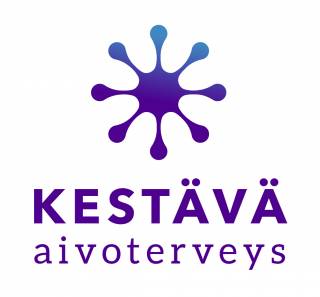Editors:
Mayor, Päivi
Walker, Jamie
Heylin, Claire
Hanula-Bobbitt, Katarzyna
Article:
Self-Leadership and Leaders´ Roles in Supporting Mental Wellbeing of Educators (Päivi Mayor, 2022)
The Sustainable Brain Health Project
In the Sustainable Brain Health project the aim is to improve employee wellbeing by developing a brain health barometer for work communities. The project focuses on cognitive ergonomics, affective ergonomics, self-direction and ethical workload. (Kestävä aivoterveys, n.d.)
72 primary school teachers from the city of Tampere currently participate in the project which started in 2020 and will continue until 2023. 93 % of the participants are women and their median working experience as teachers is 9.5 years. In autumn 2020 the participants conducted a survey that investigated a number of aspects related to workplace wellbeing and brain health.
This was a period when most of the teaching took place face-to-face again after a Covid-related lockdown in the spring. In this survey 11 % of the teachers felt that they had “very much stress”, 32 % “quite a lot” and 40 % “somewhat”. The reported aspects that caused brain health challenges and increased the perception of stress inclucded: constant interruptions; noise; ethical burdens (e.g. by assessing pupils); constant decision-making; overlapping changes; the need to learn new digital systems and tools; unclear communication; information overload; time pressure and the need to remember a lot of things such as pupils’ names and what their learning situations were (Mayor 2021).
As to the self-leadership skills and strategies of these teachers, as measured by the Abbreviated Self-Leadership Questionnaire, (Houghton et. al. 2012) many set goals for themselves and they worked towards them. Goal-setting is a strategy that belongs to the category of behaviour-focused self-leadership skills (Suutari 2021, Mayor 2021). In Finland teacher autonomy is very high and that also includes being able to plan one’s work and set goals and objectives for oneself. The least used self-leadership strategies were rewarding oneself after an accomplished task or reached goal and visualising oneself successfully performing a task. Overall, the constructive thought strategies were the least used.
When asked about what helps in managing brain burden and stress, the most mentioned sources of energy were: nice colleagues; good collaboration with others; having leaders who listen and help; having breaks between lessons as well as freedom and autonomy for making one’s own decisions (Mayor 2021).
Lue Mayorin artikkeli ”Self-Leadership and Leaders´ Roles in Supporting Mental Wellbeing of Educators” kokonaisuudessaan Theseuksesta.
Text: Päivi Mayor
Photo: Shutterstock (cover picture of the publication)




